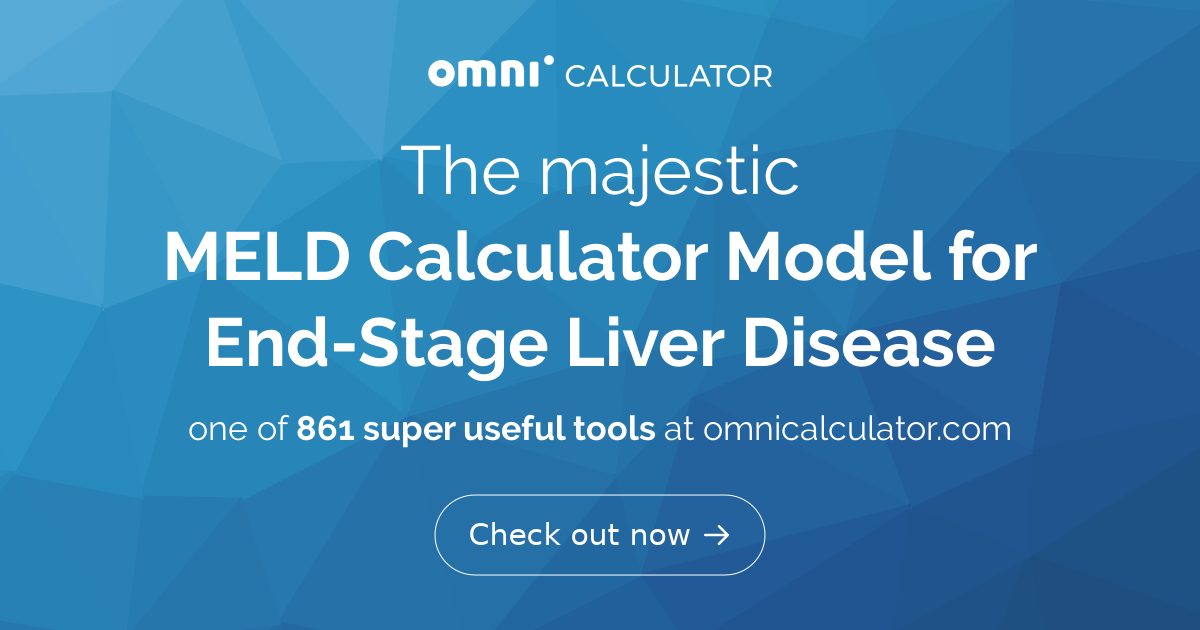

The presence of underlying cirrhosis and continued alcohol use negatively impact long-term prognosis. Pharmacologic treatment of alcohol use disorder can aid patients in maintaining abstinence from alcohol. Long-term follow-up should focus on abstinence from alcohol, management of underlying cirrhosis, and evaluation for liver transplantation if indicated. Hospital physicians should involve a multidisciplinary team, including substance abuse specialists, gastroenterologists or hepatologists, nephrologists, dietitians, and intensivists, as appropriate. Responsiveness to corticosteroid therapy should be evaluated using the Lille score on day 7 of treatment. Corticosteroids are recommended for severe alcoholic hepatitis. Treatment for moderate disease primarily consists of supportive care, including alcohol cessation and nutritional support. Laboratory-based prognostic scores, including Maddrey Discriminant Function and the Model for End-Stage Liver Disease, help determine disease severity and treatment options. Close monitoring for inflammation and organ failure is crucial throughout hospitalization. Initial workup should include chest radiography and cultures of peritoneal fluid, blood, and urine. Diagnosis of alcoholic hepatitis is primarily clinical, based on a consensus definition from the National Institute on Alcohol Abuse and Alcoholism. High rates of concomitant infections, systemic inflammation, and multiorgan failure lead to significant morbidity and mortality. Alcoholic hepatitis is a clinical syndrome characterized by acute-onset jaundice and liver enzyme abnormalities in the setting of long-term heavy alcohol use.


 0 kommentar(er)
0 kommentar(er)
